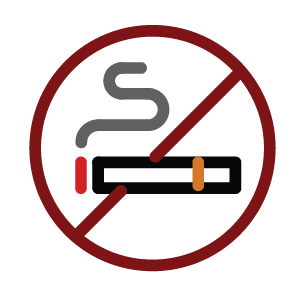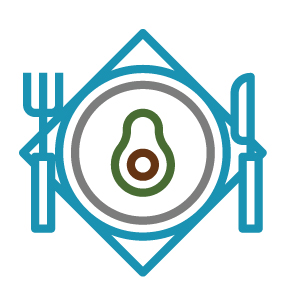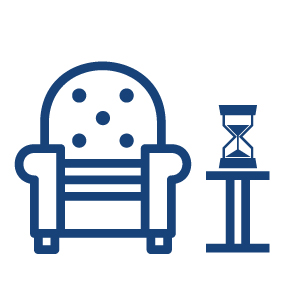American Heart Month
- Category: Health & Wellness, Heart Health
- Posted On:
- Written By: LVMC

Getting struck by cupid can trigger an undeniable heart flutter, but that’s not the only heart condition that should be recognized this February. February also represents American Heart Month, a health holiday that is dedicated to raising awareness about the glaring public health threat posed by heart disease, otherwise known as cardiovascular disease.
Read on to learn more about heart disease and how to shine the spotlight on your own heart health this month.
Heart Disease is the Leading Cause of Death in America
Cardiovascular disease comes in many forms, from coronary artery disease (CAD) to atrial fibrillation, and angina to high blood pressure. Unfortunately, the heart disease category as a whole accounts for one in every four deaths in America. In fact, according to the Centers for Disease Control and Prevention (CDC), a person dies from heart disease in America every 37 seconds, and someone has a heart attack every 40 seconds.
You Can Greatly Lower Your Risk of Heart Disease
The three biggest risk factors for heart disease are high blood pressure, high cholesterol, and smoking. Nearly half of all Americans have at least one of these risk factors, according to the CDC. These risk factors are intimidating but are also highly “modifiable,” which means that you have the power to change your risk of heart disease.
Here are a few ways to greatly decrease your risk of developing heart disease:

Stop smoking.
This is easier said than done; however, if you can successfully stop smoking, after 15 years your risk of cardiovascular disease will be the same as that of someone who has never smoked before. Talk to your healthcare provider about your desire to quit smoking; there are many medical tools available to you to help you succeed in this quest.

Diet.
Reducing your intake of sugar and processed foods—and adding more vegetables, fruits, whole grains, and healthy fats—can reduce your risk of developing coronary artery disease. If you already have a heart condition, such as high blood pressure or congestive heart failure, you can still modify your risk of having an adverse cardiovascular outcome by adhering to a low sodium (low salt) diet.

Exercise.
The American Heart Association recommends 150 minutes of moderate-intensity exercise per week for everyone. The easiest way to add exercise into your routine is to change your daily habits; instead of driving to work, take the train, as this will likely increase the amount that you are forced to walk. Or, instead of taking the elevator, take the stairs.

Decrease your sedentary time.
Heart disease likes a body that is not in motion. Even if your daily tasks demand that you are mostly seated at a desk, you can still reduce your continuous sedentary time by setting an alarm to encourage you to stand up every 20 minutes. Drinking plenty of water can also ensure that you are getting up regularly to visit the restroom.
Ask Your Healthcare Provider These Questions About Heart Disease
In honor of American Heart Month, do yourself a favor and become your own best health advocate. Schedule an annual physical with your medical provider so that you can objectively measure your cardiovascular stats, such as your waist circumference, body weight, blood sugar, blood pressure, and blood lipids. Make sure that during this health checkup you ask your medical provider these specific questions related to your heart health:
- What is my risk of developing heart disease?
- Should I be taking daily aspirin?
- Should I be taking a statin?
- What else can I do to lower my risk of heart disease?
Watch for These Signs of an Impending Cardiovascular Crisis
Cardiovascular disease notoriously runs in families and it is sometimes unavoidable, even in people with healthy lifestyles who have made every attempt at risk factor reduction. If you are concerned about your cardiovascular status, talk with your medical provider. Additionally, make sure that you pay attention to signs of an impending cardiovascular crisis, such as:
- Chest pain or back pain
- Pain radiating from the chest to the neck, jaw, or arm
- Racing heartbeat
- Shortness of breath
- Lightheadedness
- Sudden weight gain or swelling of the legs
- Confusion
If you or a loved one is experiencing any of the above symptoms, call 9-1-1 or seek emergency care as soon as possible.






